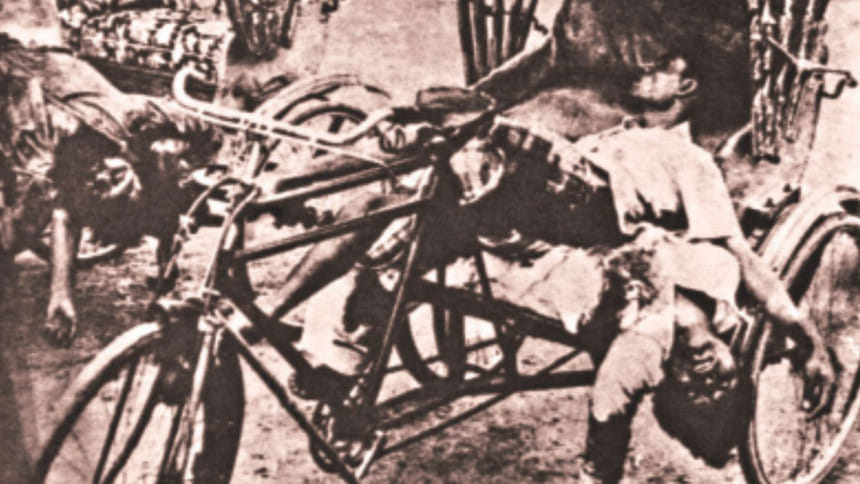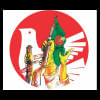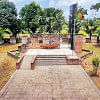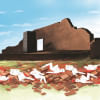PAKISTAN LYING, STILL

Pakistan not only lied by denying its atrocities in Bangladesh in 1971, it deliberately twisted facts to deny the genocide it committed on the Bangali people during the nine-month Liberation War.
However its atrocities are all in black and white. There are thousands of Bangladeshis who have testified of the harrowing tales of genocide. There are hundreds of thousands of Bangladeshis still living who carry the dark memories of the darkest hours in their lives.
But even in the Pakistani's own version of the war, the ugly face of its atrocities comes out. These are found in Pakistan's top military leaders' memoirs of the war as well as in the depositions of military officials to the Hamoodur Rahman Commission headed by the chief justice Hamoodur Rahman. The commission was set up by the Pakistan government on 26 December, 1971 to find out the reasons of defeat of the Pakistan army.
From today, we run a series to give some snapshots of how the Pakistan army killed and raped with abandon. They unleashed their vengeance and hatred on the Bangali population on the night of 25 March, 1971. Pakistan should feel ashamed if it compares these truths with what it just said to the Bangladesh envoy to Pakistan.
This genocide was the result of a deliberate plan hatched in West Pakistan by the Pakistani rulers much before the fateful night of 25 March in 1971. The landslide victory of the Awami League in the 1970 election (League bagged 160 seats out of 162 in East Pakistan) made it clear that Bangabandhu Sheikh Mujibur Rahman was destined to be the prime minister of Pakistan, a prospect despised by the elitist West Pakistanis.
In a cynical move to deny power to Awami League and to prepare the military for the pre-planned genocide, president Gen Yahiya Khan presided over a deceitful dialogue with Mujib and Zulfikar Ali Bhutto, the leader of the defeated Pakistan People's Party (PPP), from 15 March to 25 March at Dhaka.
Playing for time, the Pakistan government was flying in soldiers and ammunitions from the Western wing the whole time the so called dialogue was going on. And then the Pakistan army cracked down on an unarmed people, started indiscriminate killings and destruction that tore asunder the peaceful lives and hopes of a democratic future of the Bangalis.
We start the series highlighting what was revealed in the Hamoodur Rahman Commission report. The Commission concluded that the words and personal actions of Lt Gen Amir Abdullah Khan Niazi, who was the commander of the Eastern Military High Command of the Pakistan army, were calculated to encourage the killings and rapes in Bangladesh during the period of their operation.
Today's report is a modified version of what we printed before.

 For all latest news, follow The Daily Star's Google News channel.
For all latest news, follow The Daily Star's Google News channel. 







Comments